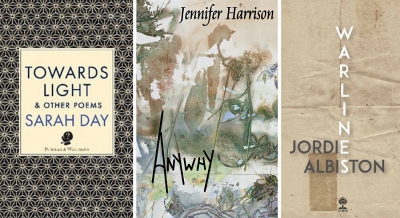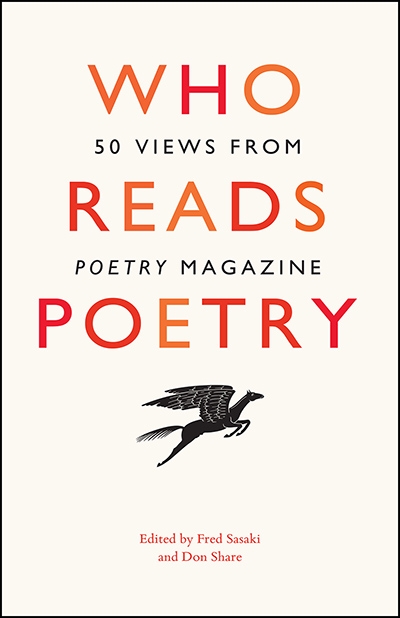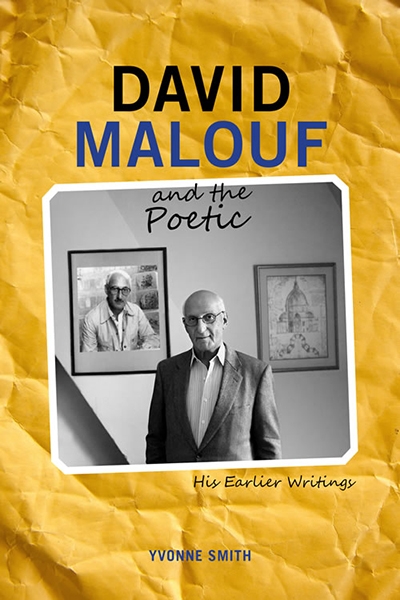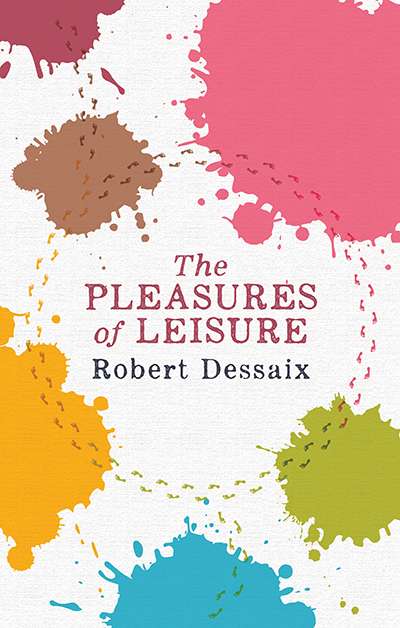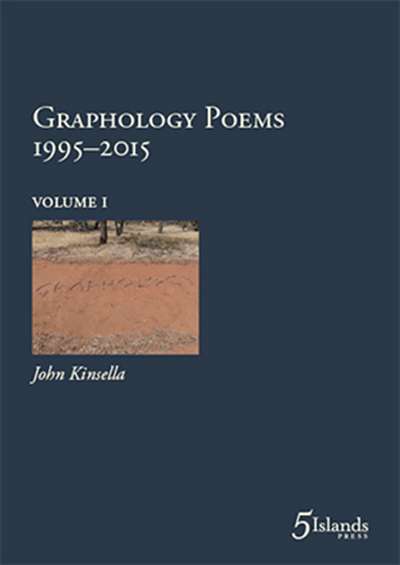Accessibility Tools
- Content scaling 100%
- Font size 100%
- Line height 100%
- Letter spacing 100%
David McCooey
The ABR Podcast
Released every Thursday, the ABR podcast features our finest reviews, poetry, fiction, interviews, and commentary.
Subscribe via iTunes, Stitcher, Google, or Spotify, or search for ‘The ABR Podcast’ on your favourite podcast app.
‘Where is Nancy?’ Paradoxes in the pursuit of freedom
by Marilyn Lake
This week on The ABR Podcast, Marilyn Lake reviews The Art of Power: My story as America’s first woman Speaker of the House by Nancy Pelosi. The Art of Power, explains Lake, tells how Pelosi, ‘a mother of five and a housewife from California’, became the first woman Speaker of the United States House of Representatives. Marilyn Lake is a Professorial Fellow at the University of Melbourne. Listen to Marilyn Lake’s ‘Where is Nancy?’ Paradoxes in the pursuit of freedom’, published in the November issue of ABR.
Recent episodes:
Sarah Day’s début collection, A Hunger to Be Less Serious (1987), married lightness of touch with depth of insight. In Towards Light & Other Poems (Puncher & Wattmann, $25 pb, 108 pp, 9781925780024), Day continues this project in poems concerned with light, a thing presented as both ...
... (read more)In an age when the news is relentlessly bad, it is tempting to think that we can turn to poetry as either a flight from the pathological politics of our time, or a higher commentary on it. As the poets in this year’s Victorian States of Poetry Anthology show, poetry’s relationship with the news of the day is more complex than that.
Who Reads Poetry: 50 views from Poetry Magazine edited by Fred Sasaki and Don Share
David Malouf and the Poetic: His earlier writings by Yvonne Smith
To celebrate the best books of 2017 Australian Book Review invited nearly forty contributors to nominate their favourite titles. Contributors include Michelle de Kretser, Susan Wyndham, James Ley, Geordie Williamson, Jane Sullivan, Tom Griffiths, Mark Edele, and Brenda Niall.
... (read more)In this episode of 'Poem of the Week' David McCooey reads 'Fleeting: Sylvia Plath at 80'. ABR Editor, Peter Rose, introduces David who then reads and discusses his poem.
... (read more)

